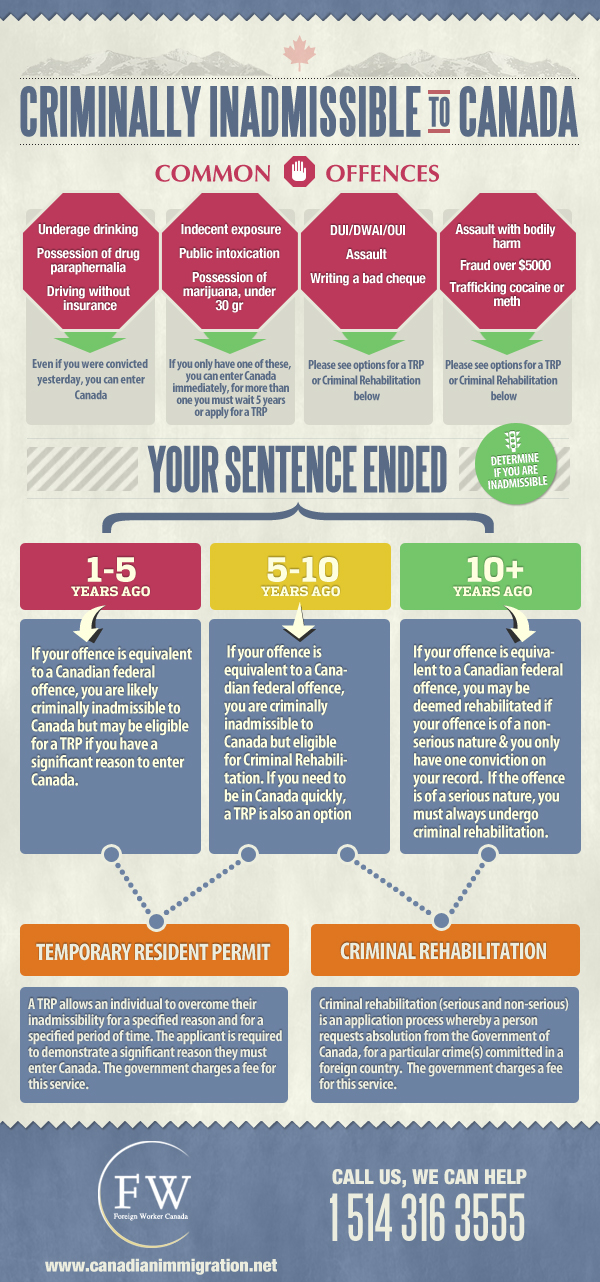Letter from Montréal

[Editor’s Note: Marisa Feil is a supervising attorney and partner of the Canadian immigration law firm FWCanada. Besides helping Americans with criminal records scoot across the border into Canada without too much fuss, she is a grand master of the Dolphin standing split (ask your Pilates instructor about it) and once enjoyed a brief flirtation with pole dancing — something I believe I can state with reasonable certainty no other lawyer I know has done.]
Canadian Immigration and Criminal Inadmissibility
For many Americans, travelling to Canada is a relatively easy process. However, for those with criminal histories, travel becomes a little more complicated.
If you are an American citizen or permanent resident and do not have a criminal history, you are likely free to visit Canada.* However, with a criminal history, certain limitations apply and you may even be criminally inadmissible. Before travelling, you should check what your American offense means in Canadian legal terms.
If you are coming to Canada on a single trip, you can apply for a Temporary Resident Permit. This acts as a temporary pass which allows you to enter Canada, but it does not erase your inadmissibility. For these applications, you need to include a specific reason for travelling to Canada. Good reasons to travel include business, school, or visiting a spouse or family member. TRPs can be used for varied purposes but cannot be used as an avenue for permanent residency.
For a permanent solution, there is an application called Criminal Rehabilitation. This application clears your criminal inadmissibility and makes you eligible for multiple entries into Canada. Processing times are longer for this application however, but Criminal Rehabilitation is valid for the rest of an applicant’s life (unless another offense is committed). In order to be eligible for Criminal Rehabilitation, you must meet the following three criteria. You must have committed a crime outside of Canada that would constitute a Federal offence under Canadian law, you must have admitted to or been convicted of the offense, and five years must have passed since the completion of the terms of your sentence.
Under certain situations, individuals with criminal histories may not even need a Temporary Resident Permit or Criminal Rehabilitation. If you only have one offense and it has been over 10 years since the completion of your sentence, you may be deemed rehabilitated by the passage of time.
However, it is always valuable to have a Legal Opinion Letter, which is a letter written by an attorney explaining why you are rehabilitated under Canadian law. Legal Opinion Letters are also useful if you have been charged with an offense but have yet to be convicted as they prove that you are not criminally inadmissible. Though they are not required to cross the border, we always recommend travelling with a Legal Opinion Letter and your court documents to avoid any confusion or refusals at the border.
Please note that the above information refers to offenses committed in a foreign country only. If you have questions regarding an offense committed in Canada, contact a Canadian criminal attorney.
*Certain other limitations, such as medical inadmissibility, do still apply. Contact us for details at our website, or at 1-855-316-3555.